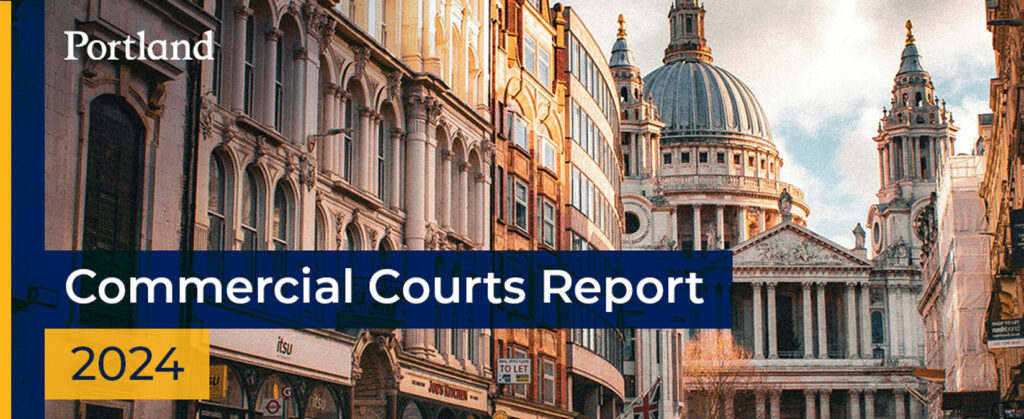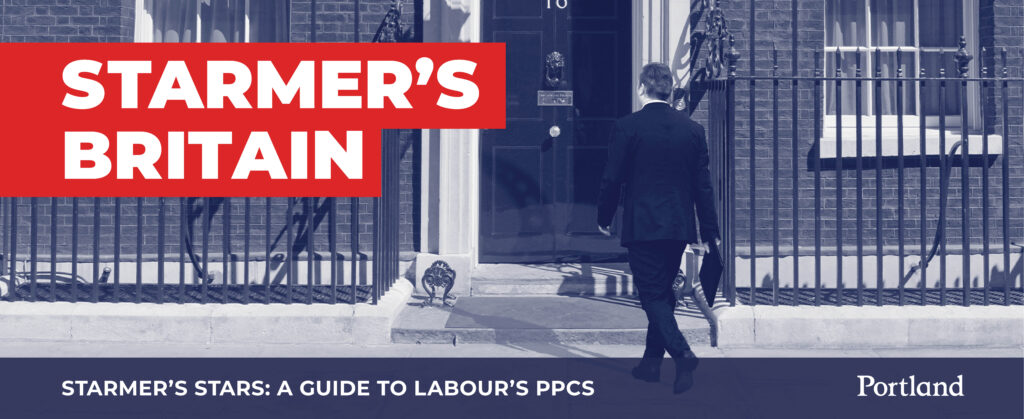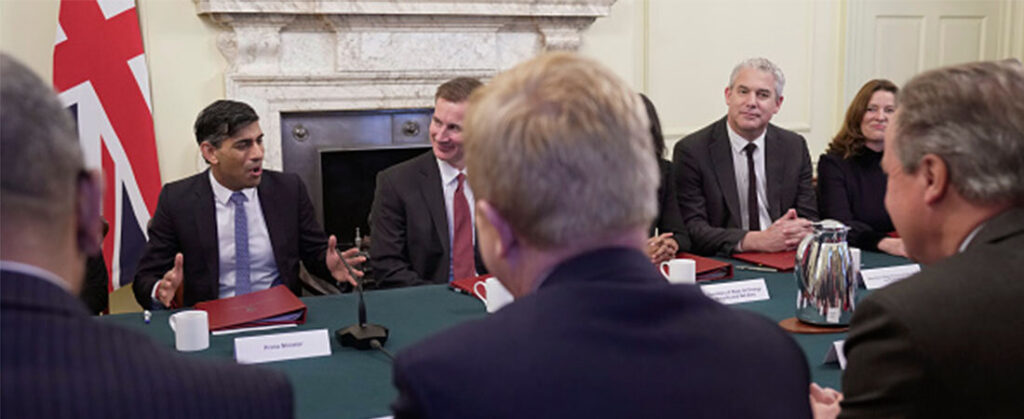Portland’s Robert Watkinson examines the increasing ties between London and the continent.
Earlier this year, over a hundred global business leaders joined heads of state and government ministers from Africa in London for The Times CEO Africa Summit. “Africa is on the move,” chimed The Times leader launching the summit.
The upbeat mood of the summit reflects renewed levels of enthusiasm for Africa among investors. Jim O’Neill, the chairman of Goldman Sachs Asset Management, told the summit that investors around the world are more focused on Africa than at any point in the last 30 years.
And with good reason. By 2020, Africa’s GDP is predicted to double to $2.6 trillion. According to a new report from the African Development Bank, a third of Africans are now middle-class, spending between $2 and $20 per day.
The fact the summit took place in London has significance beyond the fact that it was convened by The Times – London has a special connection with Africa, perhaps more so than any other city, providing a hub through which many other parts of the world connect with the continent. With the emergence of new players, not least China, India and Brazil, this is a good time to take stock of why London matters to Africa and whether that will continue to be the case.
History is of course important. The UK’s connections to Africa have been developed over hundreds of years and our culture is intertwined with many African ones. From the English names of African capital cities on pre-independence maps to the names of Premiership football teams adorning shops and buses, you will find references to the UK across the continent. Britain shares a common language with over 450 million Africans.
London is home to one of the largest and most dynamic African diasporas in the world. Every country is represented, not just the Anglophone ones, with some parts of London even adopting African names – the bit of south east London where I live is fondly known as Little Lagos.
It is not just a cultural connection that links London to the continent. The bonds that link us together are much stronger.
“Africa is very much on the agenda in London,” says Richard Dowden, Director of the Royal African Society, one of the world’s leading Africa-focused think tanks. “For business, London is where many deals on Africa are made and finance raised. It is the NGO capital of the world and there’s also a great deal of academic expertise in the U.K. London is home to many British people who worked in Africa, so there is a deeper and wider interest in Africa than in any other city outside of the continent.”
The UK media leads the world in terms of its appetite for Africa and the scale of resources committed to covering the continent. In an age of squeezed budgets and an increased reliance on stringers, UK newspaper correspondents are conspicuous by their presence in Africa.
Our domestic media is keenly followed on the continent. The BBC no longer begins its broadcasts “This is the BBC in London”, but the World Service remains a major soft power player in Africa. 40% of the service’s global audience are African. They tune in to hear about what is happening both on the international stage and in other parts of Africa.
London’s commercial relationship with Africa reflects our long-standing history of interaction with the continent. The UK has strong trading links with a number of African countries. In a continent where traditional trade links can still be more important than regional connections, Kenya and Uganda each do more trade with the UK than they do with each other. Thankfully, it is no longer the case that you need to fly via London to cross the continent, but London still maintains strong transport links to the continent, with Heathrow processing millions of transit passengers a year.
Some of the world’s biggest multinational investors in Africa have their Africa regional headquarters in London. While more and more companies are basing themselves directly on the continent, others are continuing to see London and its rich capital markets as the most effective springboard for investments in Africa. The close time zones mean that Africa is ‘open for business’ at the same time as the City.
London is particularly well placed to lead the new wave of investment in Africa via private equity ventures that are capitalising on resurgent economic growth on the continent. According to the Emerging Markets Private Equity Association, over $1.5 billion was raised in 2010 for investment on the continent. This figure was as high as $2.6 billion in 2008 and is expected to soon return to, and then surpass, this level. London is the obvious European launch pad for vehicles of this type and it is estimated that 60-75% of funds earmarked for Africa are being managed from here.
It is not surprising that London has become a natural choice of launch pad for African businesses looking to expand into global markets. There are now over 50 African companies listed on the London Stock Exchange – a clear symbol of Africa on the move but also of the new relationship between London and the continent. This is no longer one of master and colony, but a genuine partnership based on personal links, history and shared interests.
Robert Watkinson is an Associate Director in Portland’s International Affairs.






